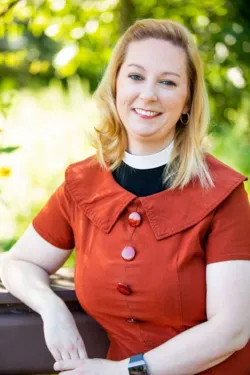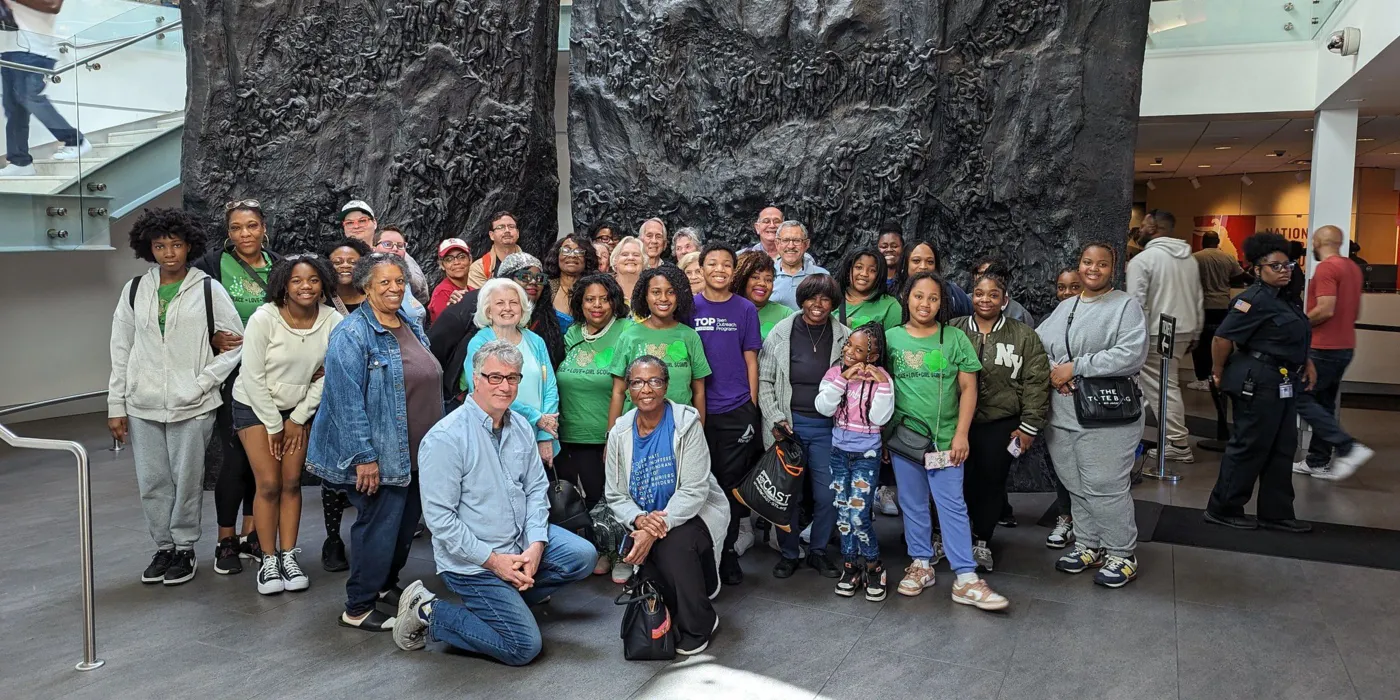
What word do you see inside the word “evangelism”?
Angel. Ev-angel-ism. The Greek root here is euangelion, meaning “good message” or “good tidings”—Good News! And that word “angel” in the middle of it—the angels are God’s messengers, God’s communicators of Good News.
And what are the first words of every evangelist, every angel, in the Bible?
“Do not be afraid.” “Fear not.”
So the first characteristic of all evangelistic activity is that it always should reduce fear (not increase it). What are we doing (or could we do) in our spiritual connections that reduces fear?
Well, if we’re setting out to reduce fear, let’s talk about what we’re afraid of. It’s not hard to generate a list, but if we’re talking about spiritual fears, we have to go deeper than fears of snakes, heights, or having a term paper due and not realizing it.
When we step back and think about what types of fears the Good News can address, redeem and heal, the way becomes clear. People fear community. They fear the future. They’re afraid of what will happen to them and their loved ones after they die, and they’re afraid to share the secret longings of their hearts.
There’s plenty more to fear: poverty, pain, shame, climate change, the pandemic—the list goes on. When you stop and think about it, there’s very little we don’t fear. We fear life, we fear death, we fear others, we fear God, and we fear ourselves. That’s pretty much everything!
So our job as evangelists is to:
#1: think about those deep fears within our own minds and souls
#2: practice sharing about our fears with others
#3: welcome others to share about their own fears
#4: work together to go ever deeper into God so that God can chip away at our fear bit by bit.
The next step of evangelism after reducing fear in ourselves and others is to start to build soul-connecting relationship — spiritual intimacy. But that prospect is dead in the water if we’re still afraid of each other. Do you see how much work there is to do long before we get to inviting someone to church? But the slow, loving work of reducing fear and building relationship creates a depth and power between people that makes an invitation, when it comes, authentic — and more likely to stick.
We have the job of reducing fear and increasing love. That’s all evangelism is. “Fear not,” is the first and primary message of all evangelists, all God’s messengers. We’re looking for ways to say and to hear, “Do not be afraid,” every day of our lives.
What might happen if your congregation took on together for the season of Advent or Lent, with great intention and energy, the spiritual practice of reducing fear? How might your church and your community be different by Christmas or Easter?
Why don’t you give it a try? What are you afraid of?
